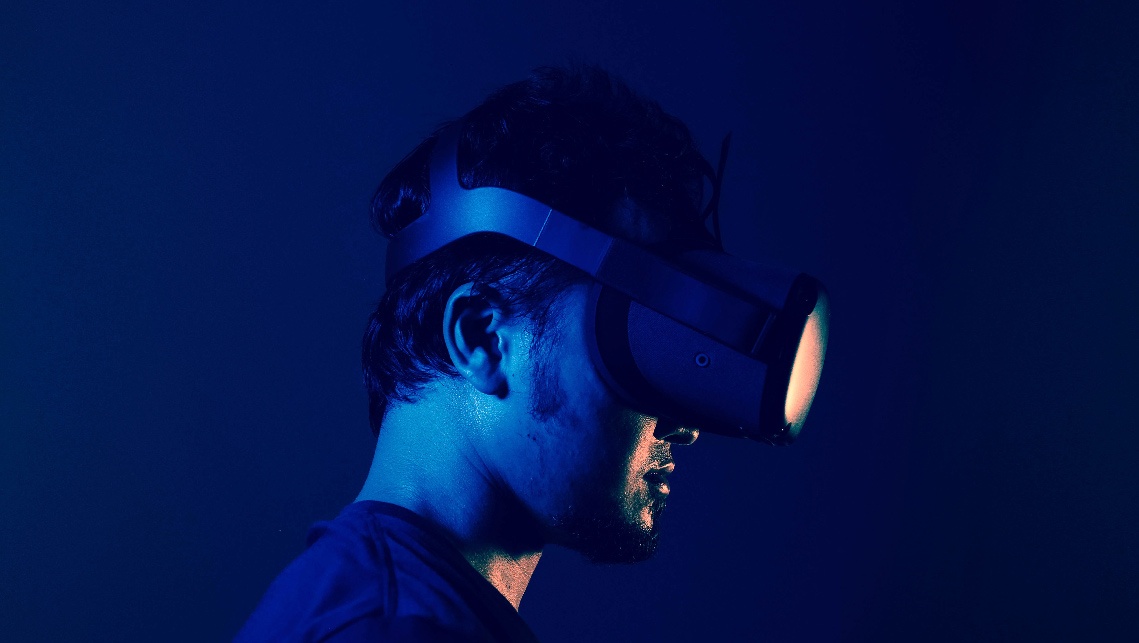The essay “Apocalyptic and Integrated” by Umberto Eco was published nearly 60 years ago. Here, the author wrote about the behavior of intellectuals towards the so-called “mass culture”. These two opposed macro-categories can be found even in the relationship with technological innovation.
This also happens with the metaverse, which, although in its initial phase, is already collecting enthusiasm, curiosity and participation on one side, but, on the other, is raising a few eyebrows because of its potential grey areas. Let’s take a look into the main concerns caused by the new virtual worlds.
Privacy and scamming
Can we expect to meet a Nigerian prince’s avatar in the metaverse? Maybe, according to Charlie Bell, Executive Vice President, Security, Compliance, Identity, and Management at Microsoft. In his words: "The problems of yesterday's and today's Internet - impersonation, attempts to steal credentials, social engineering, nation state espionage, inevitable vulnerabilities - will be with us in the metaverse."
The bigger fears are raised by the combination between the extension of the opportunities created, for better or for worse, by the new devices for VR and AR, with the possibility to track data, behaviors and personal specifications that comes along. It’s not a new issue, but rather a shift and an amplification of existing bad practices: for example, using deepfakes for identity thefts.
To fight these kinds of risks, precautions need to be taken both by companies, on a technological level, and by users during everyday use.

Health
While these worries about scamming are shared among experts, the ones about health consequences definitely sound more “apocalyptic” and similar to what people used to say about Japanese anime in the 80s (“what will it be of our children after watching these violent robots?”). They also remind us of the warnings often talked about in connection to videogames, like gaming addiction and desensitization. However, some of these complaints are founded: for example, the sickness that comes after using VR devices for a long time, which we discussed last month.
Legals
Legal concerns are also a valid problem. Defining standards for a globalized concept that is still changing is not easy. The main doubts concern copyright and IP protection, but there are also issues of territoriality to be taken into account in applying laws to fight criminal behavior in the metaverse, like sexual harassment. Talking about rights, the opportunities brought by the virtual world to outsource working force in geographical areas where salaries and working conditions are less regulated are worrying.
Harassment
Sexual harassment inside a virtual world sounds like a paradox, but cases of avatar misconduct have already been recorded. This aspect mustn’t go overlooked, especially with the developments of haptic interfaces. Moreover, the “lifelike” component and the ability of the metaverse to mimic real demeanors and situations open new space to cyberbullying.
Digital divide
“For many, but not for everyone”, this applies for the metaverse too: like all new technologies, it brings the risk to widen the gap between those who have access and those who haven’t. The requirements for high Internet connection performances and hardware capacities, as well as the availability of new devices such as VR visors, make us wonder whether the promises of global interactions in the metaverse are actually possible or are a virtual extension of the current disparities.








